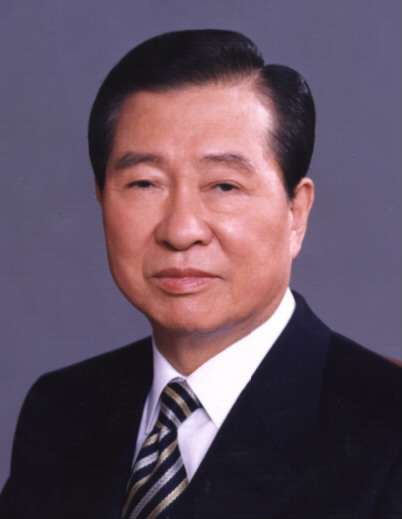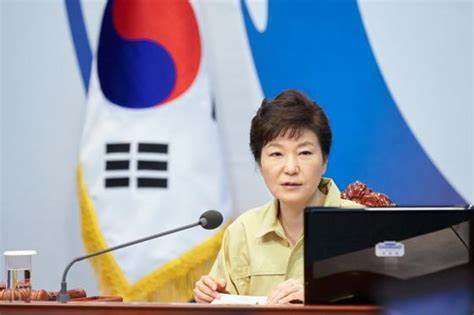Kim Dae-jung: A Nobel Laureate’s Pursuit of Peace
Kim Dae-jung: A Nobel Laureate’s Pursuit of Peace Kim Dae-jung was the 15th president of South Korea, serving from 1998 to 2003. He was a Nobel Peace Prize laureate, awarded the prize in 2000 for his “sunshine policy” towards North Korea. Kim Dae-jung was born in 1924 in Geoje, South Korea. He studied law at … 더 읽기



